8 ways to strengthen the relationship between a child and his parents
The most important relationship for a child is the one he develops with his parents or caregivers.
Show key points
- A child's primary bond with their parents or caregivers forms the foundation for future relationships and emotional development.
- You can nurture a stronger connection with your child by spending quality time and creating a safe, loving environment.
- Regularly expressing love through words and physical affection is vital for a child's emotional well-being and sense of security.
- ADVERTISEMENT
- Setting clear rules and consistent consequences helps children understand expectations and fosters a sense of structure.
- Actively listening to your child and empathizing with their feelings fosters mutual respect and emotional connection.
- Sharing playtime not only supports your child’s development but also strengthens your relationship and shared joy.
- Creating special routines like one-on-one time or shared meals encourages deeper bonding and makes your child feel valued.
Children learn about the world around them through the positive relationship they have with their parents, as children grow and change to their parents to determine if they are safe and loved or not. It is also the foundation on which they will build their future relationships.
You can build a positive relationship between you and your child by finding time to be with them, spending quality time together, and creating an environment where they feel comfortable exploring. There is no confidential handbook or guaranteed approach that shows how this relationship is right, and you are likely to find difficulties along the way. However, if you continue to work on improving your relationship, your child is sure to thrive.
Recommend
Show your love
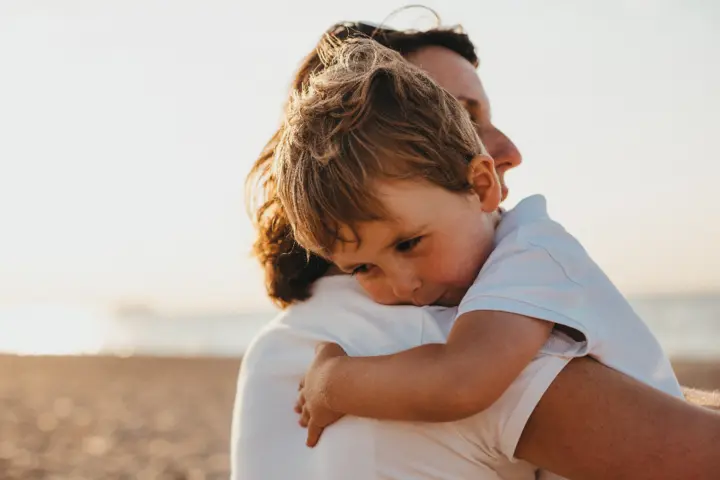
The human touch and feelings of love are needed at every stage of our lives for healthy emotional and neurological growth. It is important that your child receives a kind and loving touch from you several times throughout the day (example: hugs). Treat each interaction as an opportunity to connect with your child. Greet your children with warm words, make eye contact, smile, and encourage honest interaction.
Say "I love you" a lot
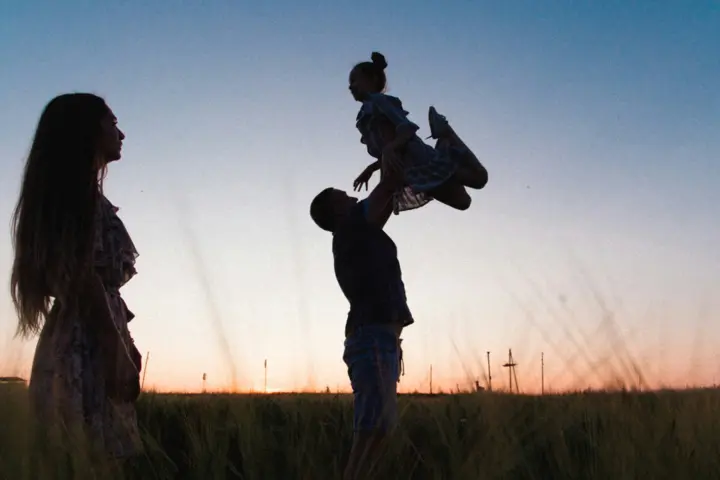
We implicitly know that we love our children, but be sure to let them know every day, regardless of their age. Even when your child is difficult or doing something you don't like, this can be an excellent opportunity to remind them that you love them unconditionally. A simple word "I love you" can have a huge impact on your long-term relationship with your child.
Set boundaries, rules and consequences
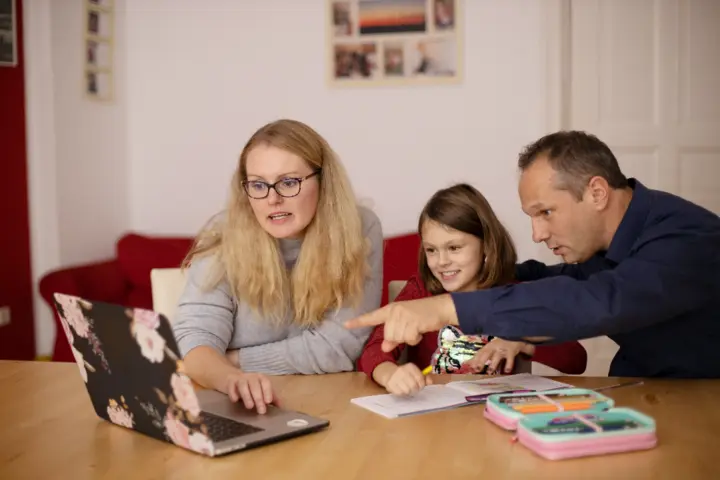
Children need organization and guidance as they grow up and learn about the world around them. Talk to your children about what you expect from them and make sure they understand it. When rules are violated, make sure there are age-appropriate consequences and that you are consistent with their application.
Listen and empathize
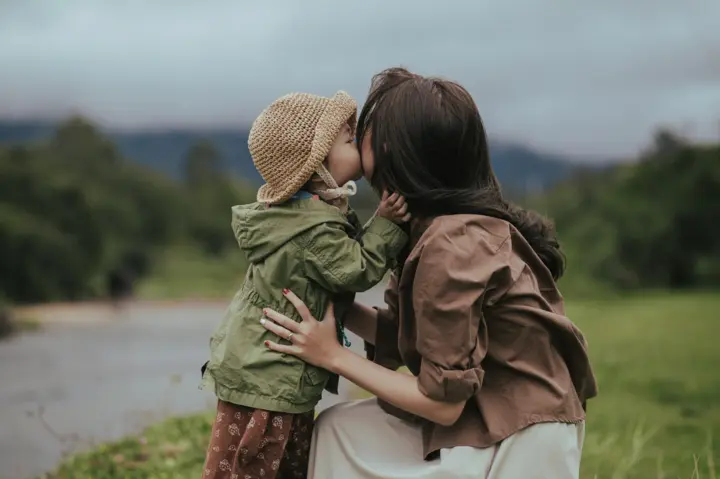
The connection begins with listening. Acknowledge your child's feelings, show them that you understand them, and reassure them that you are there to help with everything they need. Try to see things from your child's point of view. By listening and empathizing with your child, you will begin to promote mutual respect.
Play together
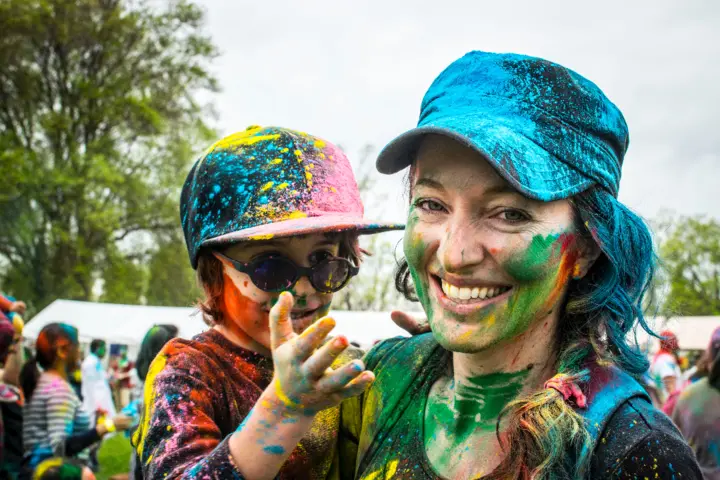
Play is very important for the development of the child. It is the tool through which children develop language skills, express emotions, foster creativity, and recognize social skills. Plus, it's a fun way to strengthen your relationship with your child. It doesn't matter what you play. The key is to have fun with each other and commit to giving your child your full attention.
Be available and distraction-free
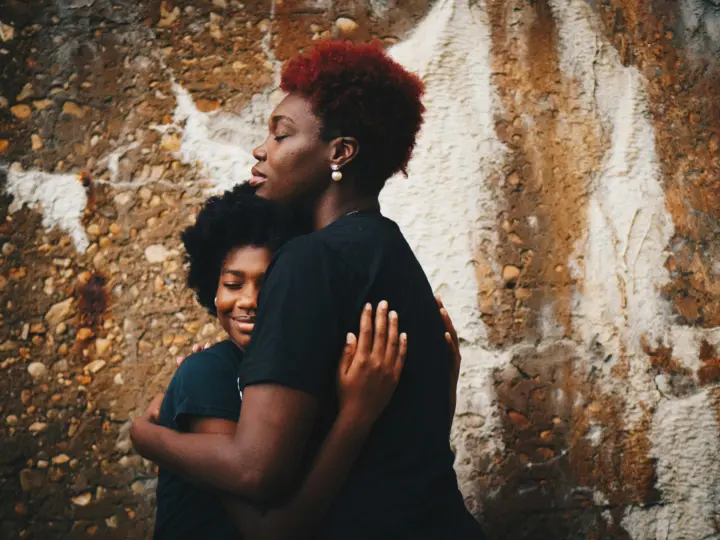
Dedicating just 10 minutes a day to talk to your child, without distractions, can make a big difference in establishing good communication habits. Turn off the TV, put your electronic devices down, and have some fun time with your child. Your child needs to know that he is a priority in your life despite the many distractions and pressures that come your way.
Create special rituals between parents and child

If you have more than one child, try to spend one-on-one time with each of them. One-on-one time with your child can strengthen the bond with them, build your child's self-esteem, and make them know that they are special and worthy. Some parents organize special "date nights" with their children to create that one-on-one opportunity (whether it's a walk around the neighborhood, a trip to the playground, or just watching a movie at home – it's important to celebrate each child individually).
Eat meals together
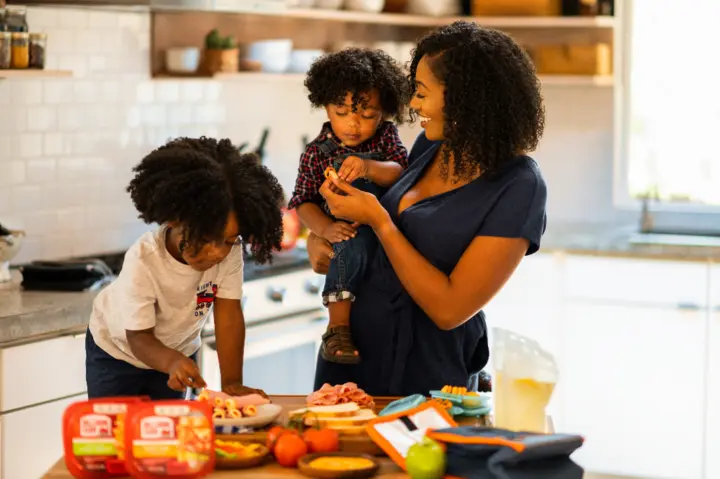
Eating together as a family can often lead to a great conversation and form a time to connect with your child. Encourage everyone to put their phone or other devices away and simply enjoy each other's company. Meal time is also a great opportunity to teach your children the importance of a healthy and balanced diet, which also affects their overall mental health.